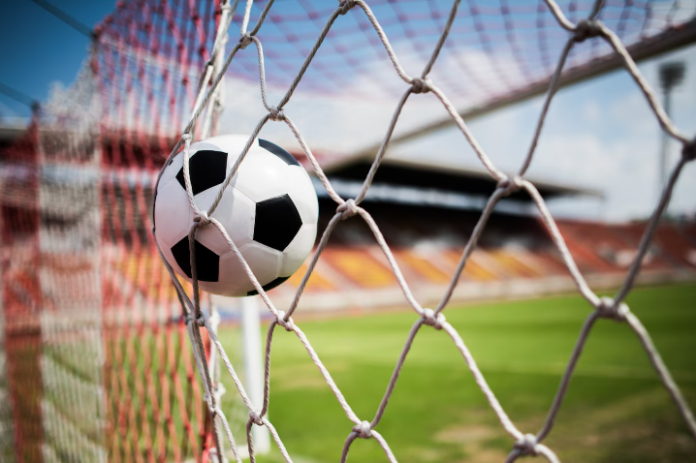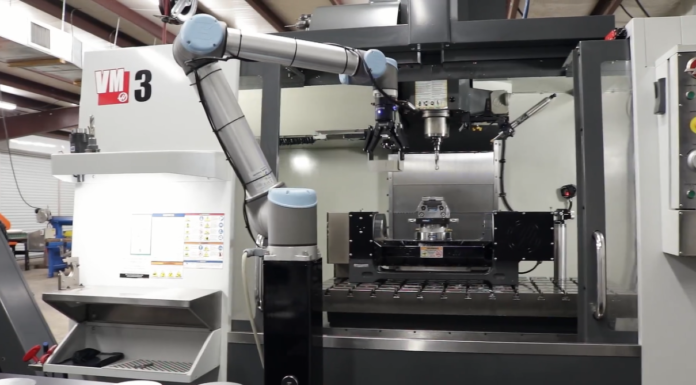Sports play a multifaceted role in education and development, shaping physical fitness, fostering character traits, promoting social skills, enhancing academic performance, and contributing to holistic growth among students and individuals of all ages. From school-based sports programs to community leagues and elite training academies, the integration of sports into educational frameworks and developmental pathways offers numerous benefits and opportunities for personal, academic, and social advancement. Let’s explore the diverse roles that sports play in education and development, highlighting their impact on physical health, cognitive skills, social-emotional learning, and overall well-being.
Physical Fitness and Health Promotion
One of the primary benefits of sports in education is the promotion of physical fitness, health, and wellness among students. Engaging in regular physical activity through sports participation helps individuals develop strength, endurance, coordination, and cardiovascular fitness, laying the foundation for a healthy lifestyle and lifelong habits of exercise.
Physical Education Curriculum: Incorporating sports and physical education into school curricula provides students with structured opportunities to engage in a variety of sports, fitness activities, and recreational games that promote motor skills development, physical literacy, and overall health awareness.
Active Lifestyle Choices: Sports participation encourages students to adopt active lifestyle choices, prioritize physical activity, and reduce sedentary behavior, addressing public health concerns related to childhood obesity, sedentary lifestyles, and related health risks.
Health Benefits: Regular participation in sports contributes to improved physical health outcomes, including lower rates of chronic diseases, better cardiovascular health, enhanced muscular strength, increased flexibility, and improved overall well-being.
Character Development and Life Skills
Sports serve as powerful platforms for character development, teaching valuable life skills, and fostering positive attitudes, resilience, perseverance, teamwork, leadership, and sportsmanship among participants. These character traits are transferable to academic settings, career pathways, and personal growth journeys.
Teamwork and Collaboration: Sports require teamwork, collaboration, and effective communication skills, as athletes learn to work together, support each other, and contribute to collective goals, mirroring real-world scenarios in team-based environments.
Leadership Opportunities: Sports provide leadership opportunities for athletes to lead by example, demonstrate initiative, make decisions under pressure, and inspire others through their actions, fostering leadership qualities that extend beyond the sports arena.
Resilience and Perseverance: Overcoming challenges, setbacks, and failures in sports builds resilience, perseverance, and mental toughness, teaching individuals to bounce back from adversity, learn from experiences, and develop a growth mindset.
Social-Emotional Learning and Empathy
Sports contribute to social-emotional learning (SEL) by promoting emotional intelligence, self-awareness, empathy, conflict resolution skills, and positive relationships among participants. Engaging in sports activities helps individuals develop a deeper understanding of themselves and others, fostering empathy, respect, and inclusive attitudes.
Emotional Regulation: Sports provide opportunities for emotional regulation, stress management, and self-control, as athletes learn to manage emotions, cope with pressure, and maintain focus and composure during competitions and challenging situations.
Empathy and Perspective-Taking: Team sports encourage empathy, perspective-taking, and understanding of diverse viewpoints, backgrounds, and experiences, promoting inclusivity, respect for differences, and a sense of belonging within diverse communities.
Conflict Resolution: Sports teach conflict resolution skills, fair play, and sportsmanship, as participants learn to resolve disagreements, handle competition, and navigate challenges with integrity, respect, and empathy for others.
Academic Performance and Cognitive Skills
Research has shown a positive correlation between sports participation and academic performance, cognitive skills development, and overall academic success. Engaging in sports activities enhances cognitive functions, executive functioning skills, attention span, and academic motivation among students.
Cognitive Benefits: Sports stimulate brain activity, cognitive functions, and neural pathways involved in motor control, spatial awareness, decision-making, problem-solving, and strategic thinking, enhancing cognitive skills that are transferable to academic learning and intellectual pursuits.
Improved Concentration: Regular physical activity, including sports participation, improves concentration, attention span, and focus, leading to better classroom engagement, academic achievement, and retention of learning material.
Time Management: Balancing sports commitments with academic responsibilities teaches students valuable time management skills, organizational strategies, and prioritization techniques, fostering a sense of discipline, accountability, and academic success.
Personal Growth and Self-Esteem
Sports contribute to personal growth, self-esteem, and self-confidence by providing opportunities for skill development, achievement recognition, goal attainment, and personal milestones that boost self-efficacy and belief in one’s abilities.
Skill Development: Sports participation allows individuals to develop and refine motor skills, athletic abilities, sport-specific techniques, and tactical strategies, leading to personal mastery, skill acquisition, and performance improvement over time.
Achievement and Recognition: Achieving success in sports, whether through individual accomplishments or team achievements, builds self-esteem, self-worth, and a sense of pride in one’s abilities, contributing to a positive self-concept and confidence in facing challenges.
Goal Setting and Motivation: Setting goals, working towards milestones, and experiencing progress in sports fosters intrinsic motivation, perseverance, and a growth mindset, as individuals strive to reach their full potential and push beyond limitations.
Social Integration and Community Engagement
Sports serve as platforms for social integration, community engagement, and civic participation, bringing people together, bridging cultural divides, and fostering connections that transcend social barriers, promoting a sense of unity and belonging within communities.
Community Programs: Sports-based community programs, youth leagues, and recreational activities offer opportunities for social integration, interaction, and engagement among diverse populations, creating inclusive spaces for shared experiences and mutual respect.
Cultural Exchange: Sports promote cultural exchange, cross-cultural understanding, and intercultural dialogue, as athletes, coaches, and fans from different backgrounds come together to celebrate diversity, promote inclusion, and build cultural bridges through sports.
Volunteerism and Service: Sports events, tournaments, and community initiatives inspire volunteerism, service learning, and civic engagement, as individuals contribute their time, skills, and resources to support sports programs, mentorship opportunities, and community development projects.
Conclusion
The role of sports in education and development is multifaceted, encompassing physical fitness, character development, social-emotional learning, academic success, personal growth, and community engagement. Through sports participation, individuals of all ages and backgrounds experience the benefits of physical activity, learn valuable life skills, cultivate positive attitudes, build resilience, and contribute to the overall well-being and vitality of communities. As sports continue to play a vital role in educational settings, community programs, and personal development pathways, their impact on shaping healthy, empowered, and thriving individuals and communities remains a cornerstone of holistic education and human development.






















